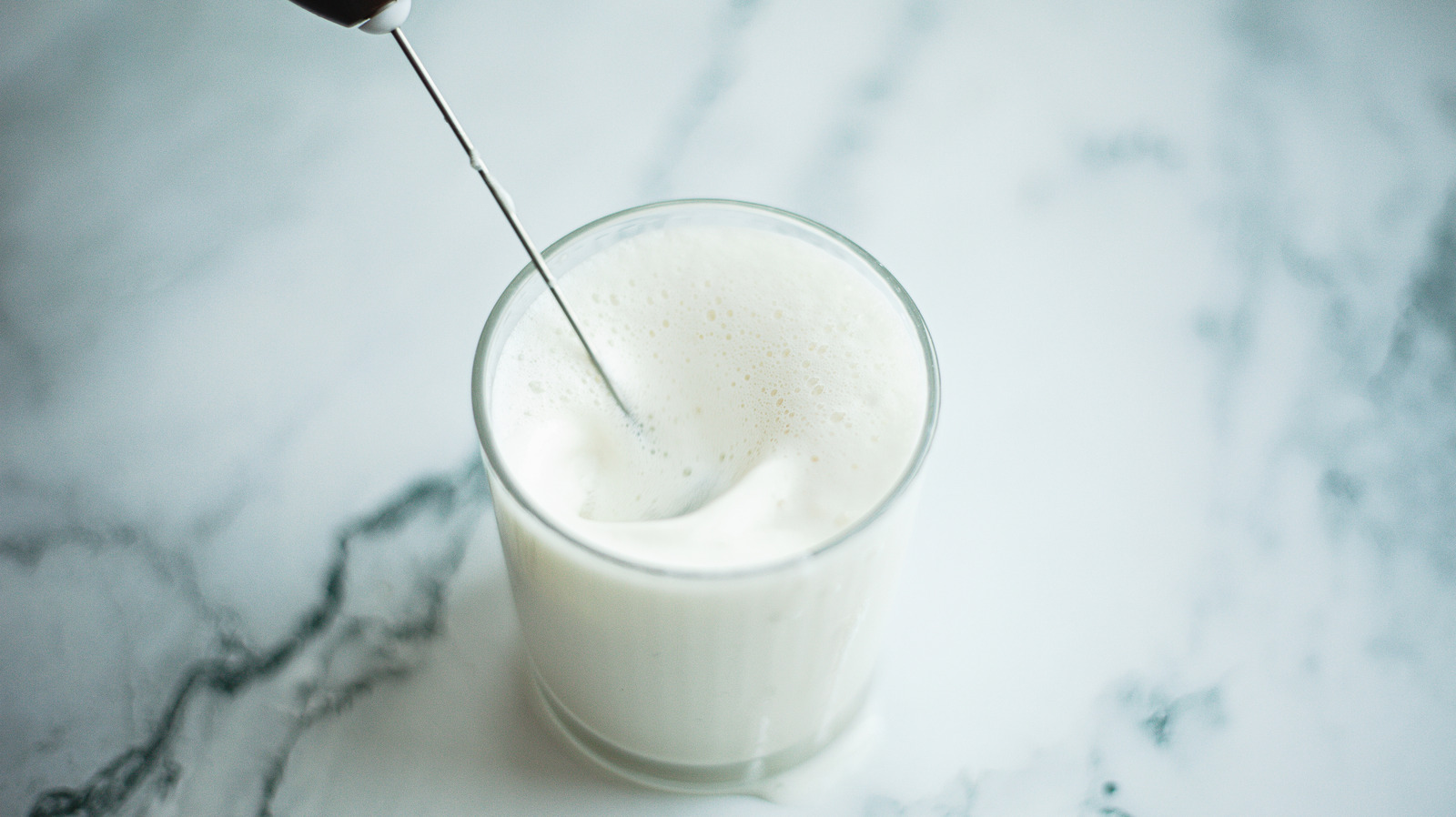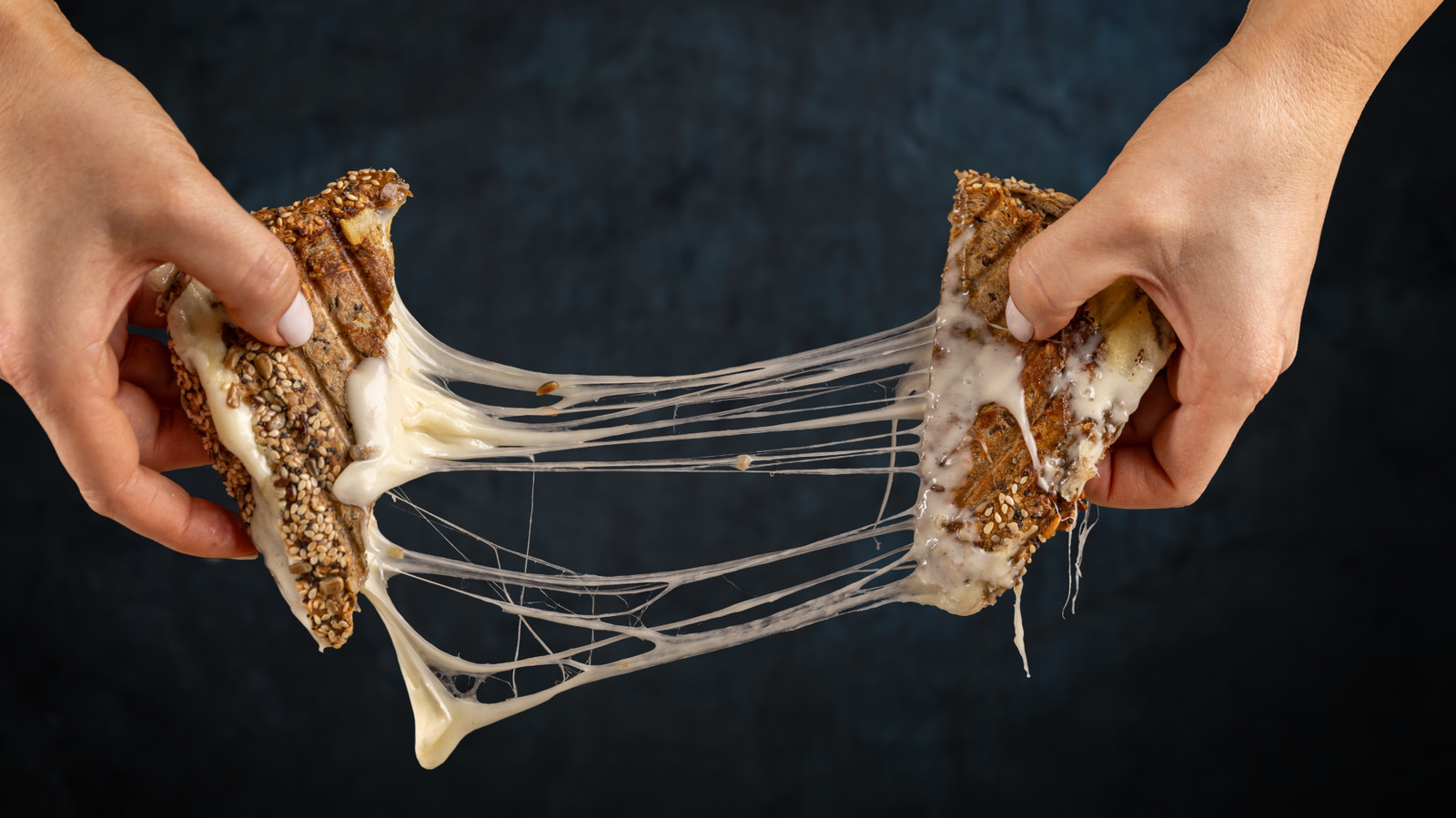Cast iron pans heat up more than a perfectly seared chicken breast and gooey skillet cookies — their revered versatility ignites debates, questions, and concerns about how to properly treat them. They tend to cost more than most pots and pans, and, if cared for correctly, one cast iron skillet can last for a lifetime. One tool can do the majority of that upkeep, and it's probably already in your kitchen: aluminum foil.
Though much confusion and disagreement exists about , a little soap and warm water will not strip the skillet of its seasoned layer. However, when food product gets stuck in the nooks or rust patches begin to form, aluminum foil can salvage the pan. If food buildup is caked on, use the rough edges of a ball of aluminum foil to gently scrape out the residue, like a wire brush cleaning a grill.
If rust begins to form, wiping a cast iron skillet with moist aluminum foil will clean it off. When the two metals interact, they exchange electrons, which reverses the rust back into its original chemical composition as a metal. When a cast iron pan needs a cleaning to remove rust, you will need to repeat the full-on seasoning process, which involves rubbing the entire object in oil and letting it bake in the oven.
Make sure to store a cast iron pan in a dry spot, as any moisture may risk more rust. Why invest in a cast iron skillet? Though cast iron skillets are more expensive than their counterparts, they can be a one-time purchase and passed down for generations if k.











:upscale()/2024/12/23/986/n/1922441/ae269e286769e6f5b332b2.08351138_.jpg)







